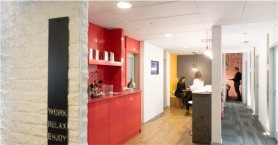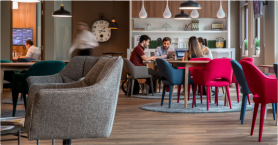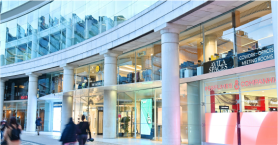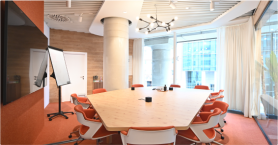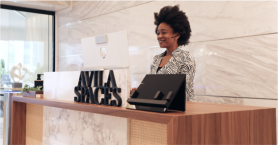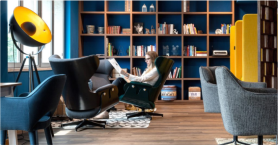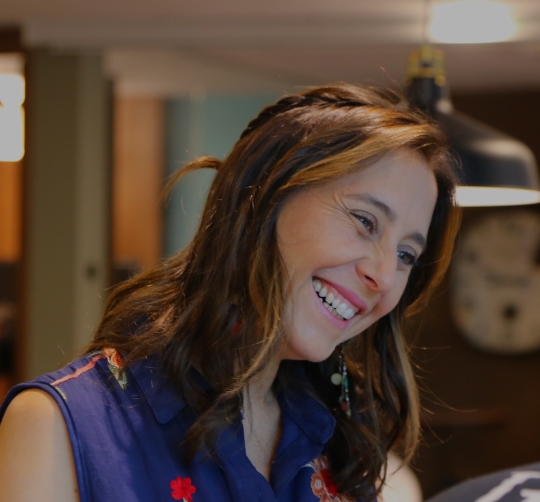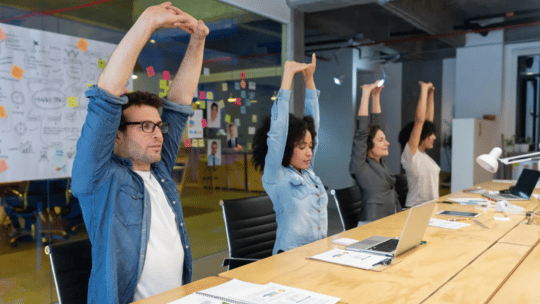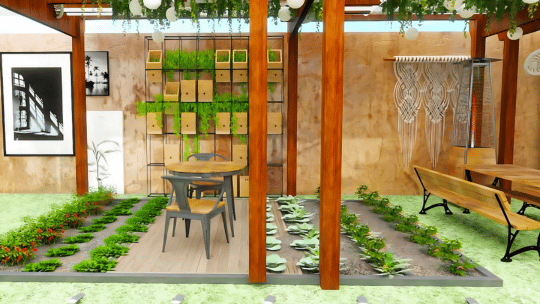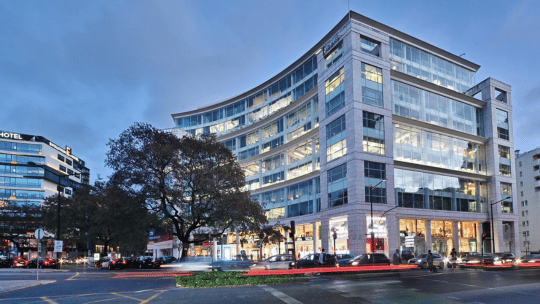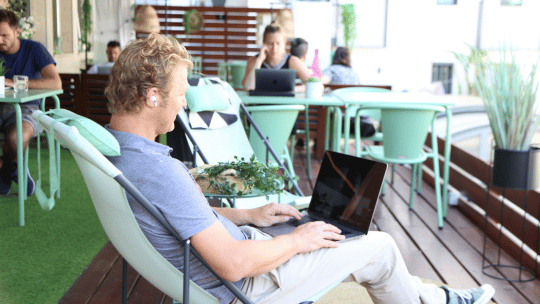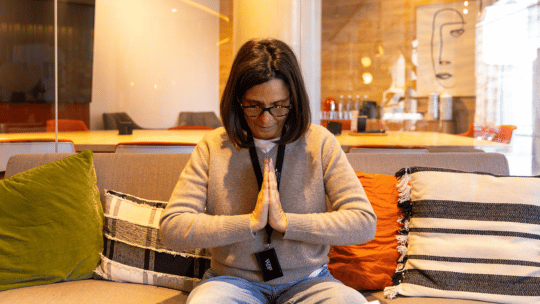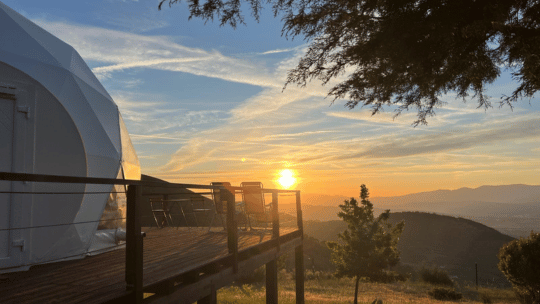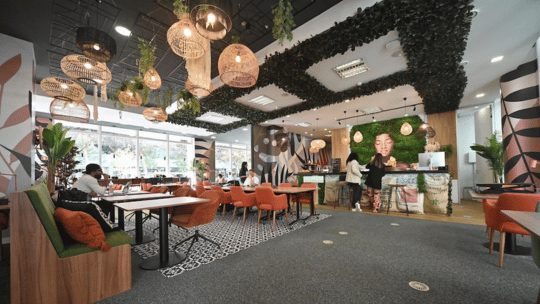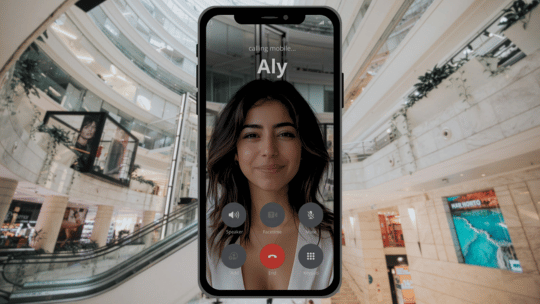|
Ernest Hemingway used to say, ”We can only be sure that we genuinely own something, when we offer it to someone”. Many years later, José Mujica - the iconic and former President of the Republic of Uruguay, in his no less iconic statement for the documentary Human, by Yann Arthus-Bertrand - advocated that the present does not exist and that human beings learn nothing from the past. He also encourages us to face the future with our head held high and as light as possible, so that we aren’t stuck to anything and don’t have to carry heavy burdens when we move forward. Today, Marie Kondo followed by millions in her Netflix series teaches people how to give or recycle what they have collected for years or even for decades by the urge of possession. The criterion? Simple: if you don't use a garment or other thing, just discard it. If you are having difficulties, as costs may be involved, ask yourself: "Does this make me happy?” If it doesn’t, just get rid of it. After all, we came into the world to be happy. People are adapting and enjoying this reality, since the concept of wealth is now much more associated with a rich experience of life than with ownership. Already in the 90’s and over the past nineteen years, there has been much talk highlighting the importance of being rather than having. Nowadays more than ever being or making it happen are the keywords. In sociological terms and regarding consumption behaviour, even Portugal being both a Latin and a Mediterranean country, where ownership and ostentation have always been weapons of social valorization, acknowledges both the enjoyment and the use at the expense of possession, especially among the younger generations. Where once there was a potential buyer of a big car that was quite difficult to park, now we see a happy owner of an environmentally friendly vehicle which not only requires less fuel consumption but also is easier to park. On the other hand, this is someone who doesn’t shy away from going by underground or from using a scooter to commute or travel on business; who, at weekends, rents 4 bicycles for the family despite the hundreds of bicycles available to rent in any street of the city; and who leaves it in the park facilities at the disposal of the next user. Ten years ago, these same users would have easily spent €800 on four bikes that would have to be stowed in a place they didn't have. However, they belonged to those people, and at the time, that was important. The concept of enjoyment and use gained roots. And in contrast to other decades, the one who ends up being looked at as a someone who is not compromised with the widespread demand is the one who has something just to have but doesn’t enjoy it. Today, there is evidence that who followed the model, which somehow has been adopted in working habits through teleworking or virtual office, was right and had vision. A Virtual Office is a clear and contextualized proof that what Marie Kondo defends for the things we pile up at home, literally applies – and to those who can, of course – to entrepreneurs who commit to a traditional high cost office space, and often unprofitable due to the old habit of possession: if your office space doesn't make you happy, discard it. In a Coworking Centre you feel comfortable, you can have privacy and there is a range of flexible solutions, such as, a dedicated receptionist who can take a message or forward the call as required; secretarial support; mail services and access to meeting rooms when you need them. Both in life and at work, we came into the world to be happy. |
Other articles
In today?s competitive job market, attracting top talent is only half the battle. Retaining...
The Re:Space is a project idea that aims to transform underutilized outdoor spaces into...
Avila Spaces has just launched a new initiative that promises to energize the business ecosystem...
Coming back to the office after a vacation can feel like a shock to the system. Let's...
Holidays are meant to be a time of rest, joy, and reconnection?with ourselves, others, and the...
We currently live in a reality where acceleration is a constant. More and more, we seek...
In the modern, fast-paced workplace, productivity often feels like a race against time....
The second edition of Remote Week in Fundão has been confirmed. In 2025, a new group of...
Avila Spaces has been awarded the prestigious ?Cinco Estrelas Regiões Award? in the ?Coworking...
Avila Spaces announces its sponsorship of Pedro ?Figgy? Figueiredo, one of Portugal's most...
After its initial launch aiming to provide information on the Web Summit 2024 and Lisbon's...
Avila Spaces has introduced, in collaboration with Elbo Pte, an open-access virtual assistant,...
